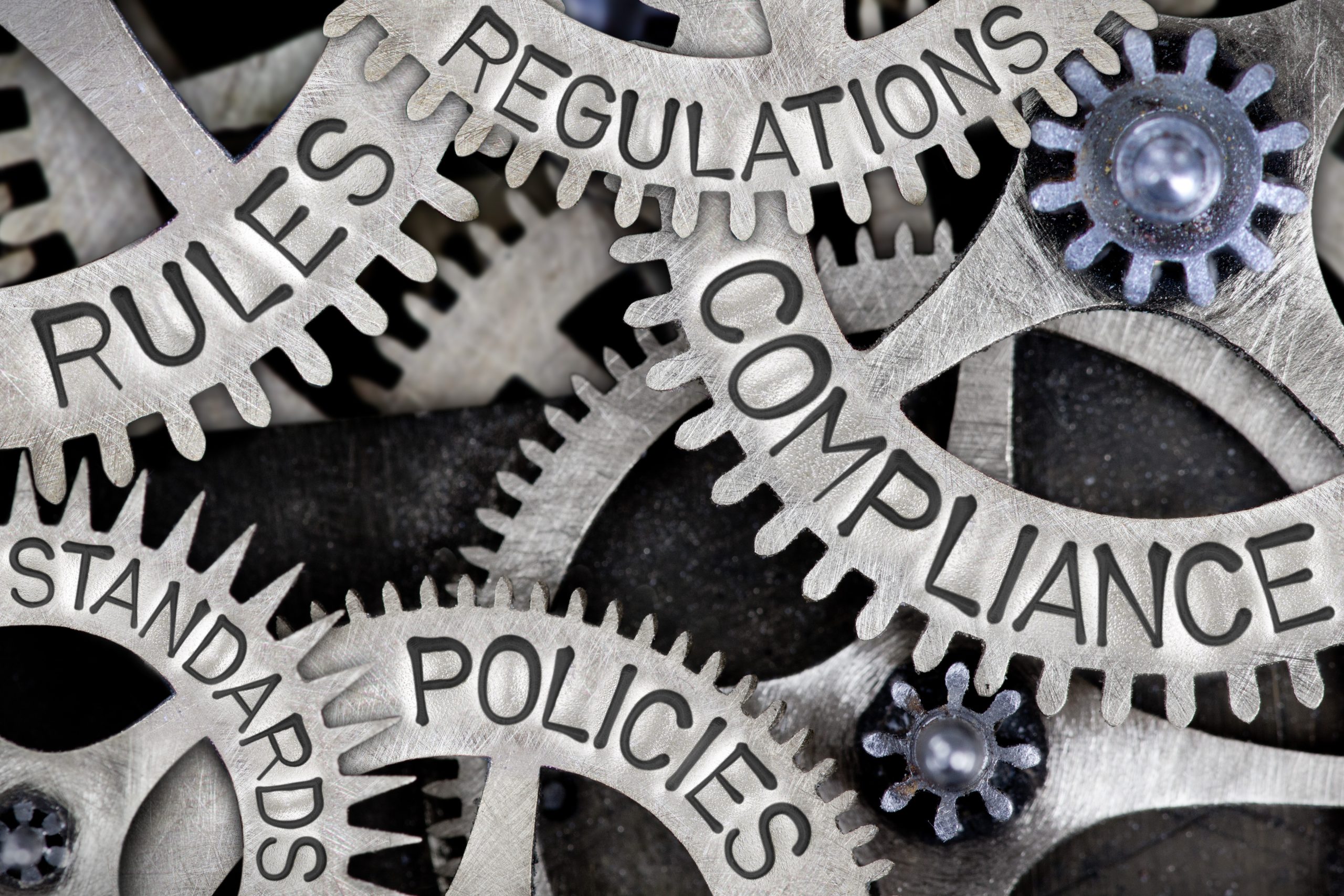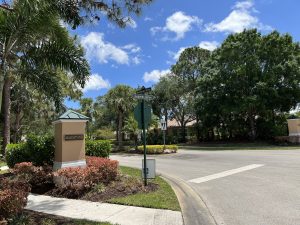Homeowners associations (HOAs) play a crucial role in maintaining and enhancing the overall quality of life in planned communities. HOA rules and regulations, while sometimes perceived as restrictive, are designed to promote harmony, preserve property values, and ensure a safe and enjoyable living environment for all residents.
Preserving Community Aesthetics and Standards:
HOA rules often address exterior home maintenance, landscaping, and architectural modifications to ensure a consistent and aesthetically pleasing neighborhood. These guidelines help maintain curb appeal, protect property values, and prevent the introduction of incompatible or disruptive elements into the community.
Maintaining Common Areas and Amenities:
HOAs are responsible for maintaining common areas such as parks, pools, playgrounds, and clubhouses. Rules governing the use of these facilities promote safety, prevent overcrowding, and ensure that amenities remain clean and accessible for all residents.
Enhancing Community Safety and Order:
HOA rules often address noise levels, parking regulations, and pet restrictions to maintain a peaceful and orderly environment. These guidelines help prevent disturbances, promote responsible pet ownership, and protect the safety of all residents.
Facilitating Dispute Resolution:
HOAs provide a framework for resolving disputes between neighbors, preventing minor disagreements from escalating into major conflicts. By establishing clear guidelines and procedures, HOAs can help maintain a harmonious and cooperative atmosphere within the community.
Protecting Property Values:
Well-maintained and well-governed communities tend to have higher property values compared to those with less stringent rules and regulations. By adhering to HOA guidelines, homeowners contribute to the overall value and appeal of their community.
Encouraging Community Involvement and Pride:
HOAs provide opportunities for residents to get involved in decision-making processes, volunteer initiatives, and community events. This fosters a sense of ownership and pride among residents, contributing to a stronger and more cohesive community.
Promoting Responsible Use of Shared Resources:
HOA rules often address water conservation, waste management, and energy efficiency practices. By encouraging responsible use of shared resources, HOAs can help reduce environmental impact and promote sustainable living practices within the community.
Adapting to Changing Needs and Trends:
HOA rules and regulations should be periodically reviewed and updated to reflect the changing needs and preferences of the community. This ensures that the HOA remains relevant, effective, and responsive to the evolving dynamics of the neighborhood.
In conclusion, HOA rules and regulations, when implemented thoughtfully and enforced fairly, play a vital role in maintaining the quality of life, preserving property values, and fostering a sense of community pride in planned neighborhoods. By adhering to these guidelines, residents contribute to a more harmonious, aesthetically pleasing, and safe living environment for all.



